Shows
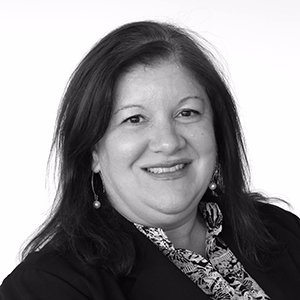
Scientists of StrokeGetting involved with clinical trials (with Dr Tina Soulis)Clinical trials are enormous undertakings, with complex rules and regulations to ensure the trial is safe and effective. But did you know that there are entire organisations that can ensure your trial runs smoothly?
Neuroscience Trials Australia (NTA) is a subsidiary of the Florey that provides support for clinical trials. We spoke to CEO, Dr Tina Soulis, about tips for researchers who might be involved in a clinical trial.
Podcast available on Spotify and Apple Podcasts
Twitter: @FloreyStroke Facebook: CRE Stroke Rehab & Recovery
Blog: https://floreystroke.blogspot.com
Music...
2020-02-2609 min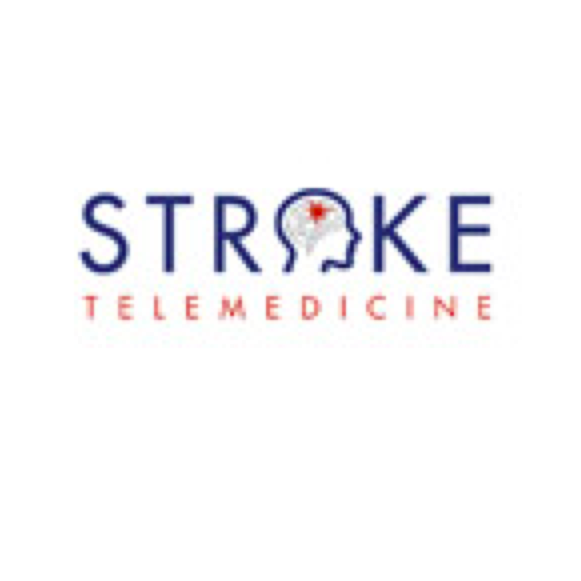
Scientists of StrokeHow telemedicine can save livesThe Victorian Stroke Telemedicine Program (VST) enables rural patients having a stroke to be seen by Melbourne-based stroke experts hundreds of kilometres away.
Kate Comer was picking her son up from daycare when she had her stroke in Hamilton, 300 kilometres from Melbourne. She tells her story of how the VST allowed her to receive life-saving treatment quickly.
We also speak to Professor Chris Bladin and Professor Dominique Cadilhac, the leaders of the VST program, about its success.
Podcast available on Spotify and Apple Podcasts
Twitter: @FloreyStroke Facebook: CRE Stroke Rehab...
2019-09-0210 min
Scientists of StrokeTop tips for aspiring PhD students (with Dr Carli Roulston, Venesha Rethnam, & Ruby Lipson-Smith)What is stroke research really like? What about life as a PhD student and beyond?
We asked Florey Stroke researchers at various stages of their career about the highs and lows of PhDs and research. Tune in to have all your questions about a career in research answered.
Podcast available on Spotify and Apple Podcasts
Twitter: @FloreyStroke Facebook: CRE Stroke Rehab & Recovery
Blog: https://floreystroke.blogspot.com
Music: 'Operatic 3' by Vibe Mountain
With thanks to Dr Carli Roulston, Venesha Rethnam, and Ruby Lipson-Smith.
2019-08-1808 min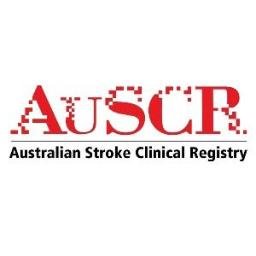
Scientists of Stroke6 ways the Australian Stroke Clinical Registry improved stroke care in 2017The Australian Stroke Clinical Registry (AuSCR) is a nationwide registry that records information on patients with stroke or transient ischaemic attack (TIA or "mini-stroke). Established in 2009, the registry has released its 2017 annual report.
We talk to Professor Dominique Cadilhac, Data Custodian of AuSCR, about what the registry achieved in 2017 and how it continues to help improve stroke care.
2019-07-2907 min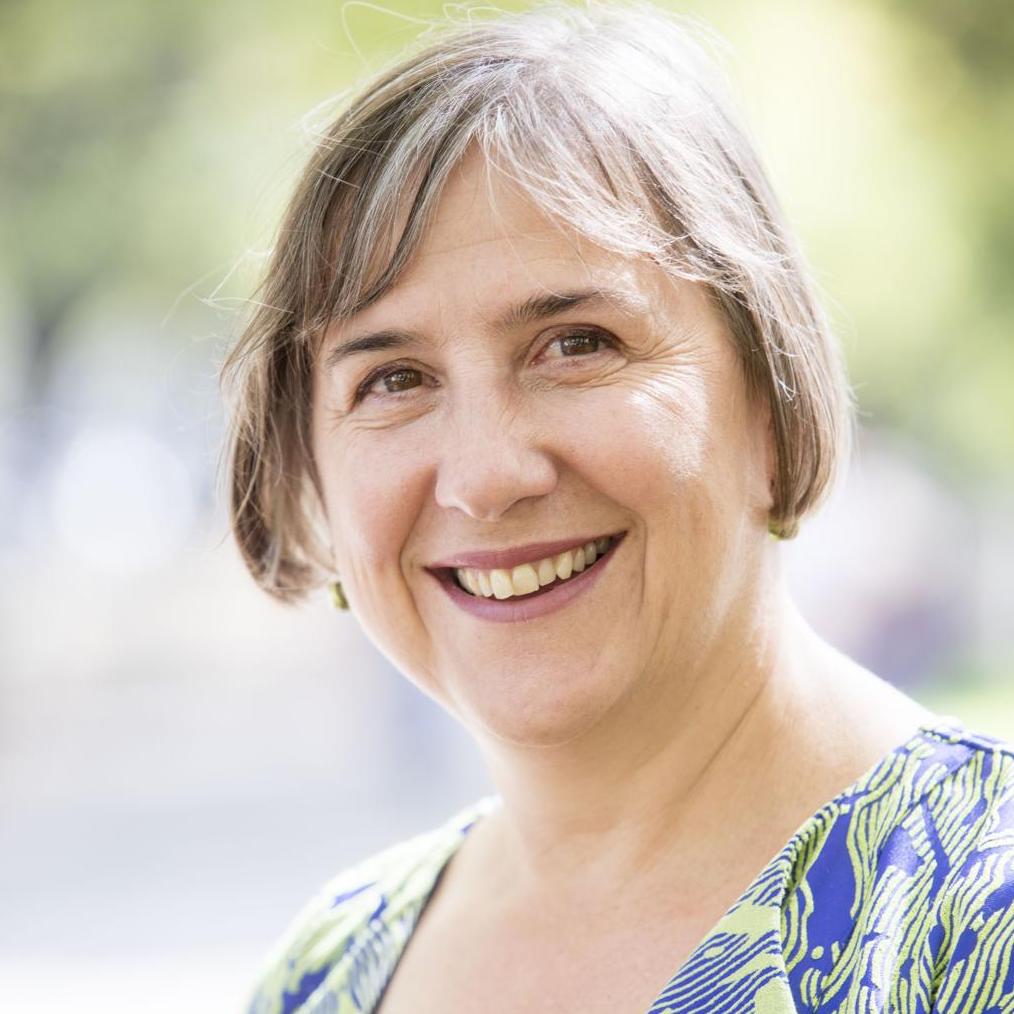
Scientists of StrokeYoung stroke with Prof Julie Bernhardt30% of stroke survivors in Australia are under the age of 65, and their needs differ from those who have a stroke later in life.
Professor Julie Bernhardt, head of the Florey Stroke theme, talks about how we can help younger stroke survivors with their unique needs.
Twitter: @FloreyStroke Facebook: CRE Stroke Rehab & Recovery
Blog: https://floreystroke.blogspot.com
Music: 'Operatic 3' by Vibe Mountain
2019-06-0207 min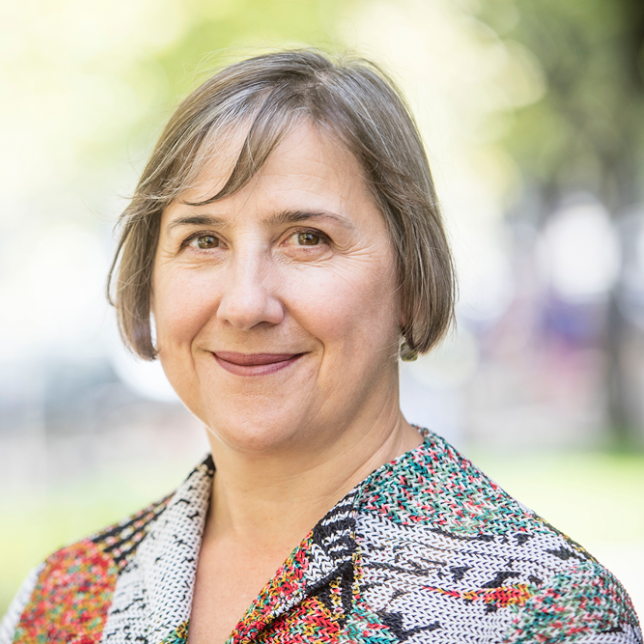
Scientists of StrokeProf Julie Bernhardt after the 2nd Stroke Recovery and Rehabilitation RoundtableThe second Stroke Recovery and Rehabilitation Roundtable in Montreal brought together an international group of experts to tackle the biggest issues in stroke recovery and rehabilitation.
We caught up with Professor Julie Bernhardt AM just after her return from Montreal to discuss why the Roundtable is so important for the future of stroke research.
Find all the papers from the first roundtable here.
The latest update from the second roundtable can be found here.
Twitter: @FloreyStroke Facebook: CRE Stroke Rehab & Recovery
Blog: https://floreystroke.blogspot.com
Music: 'O...
2019-05-2609 min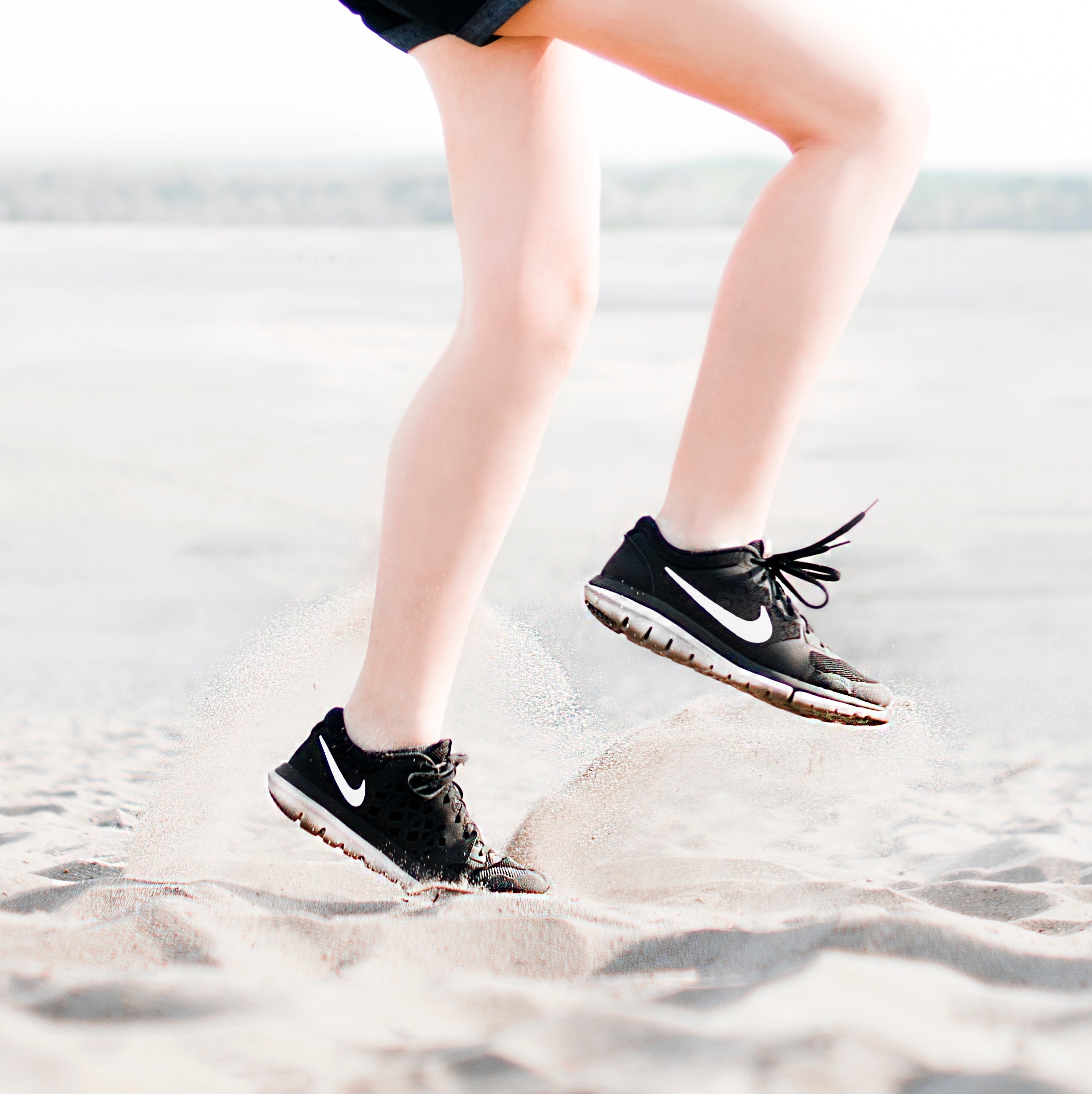
Scientists of StrokeExercise early after stroke with Dr Sharon KramerCan you exercise early after stroke? How soon? How much? We spoke to Dr Sharon Kramer just after she finished her PhD last year to see if there were answers to these questions.
Twitter: @FloreyStroke Facebook: CRE Stroke Rehab & Recovery
Blog: https://floreystroke.blogspot.com
Music: 'Operatic 3' by Vibe Mountain
2019-04-2608 min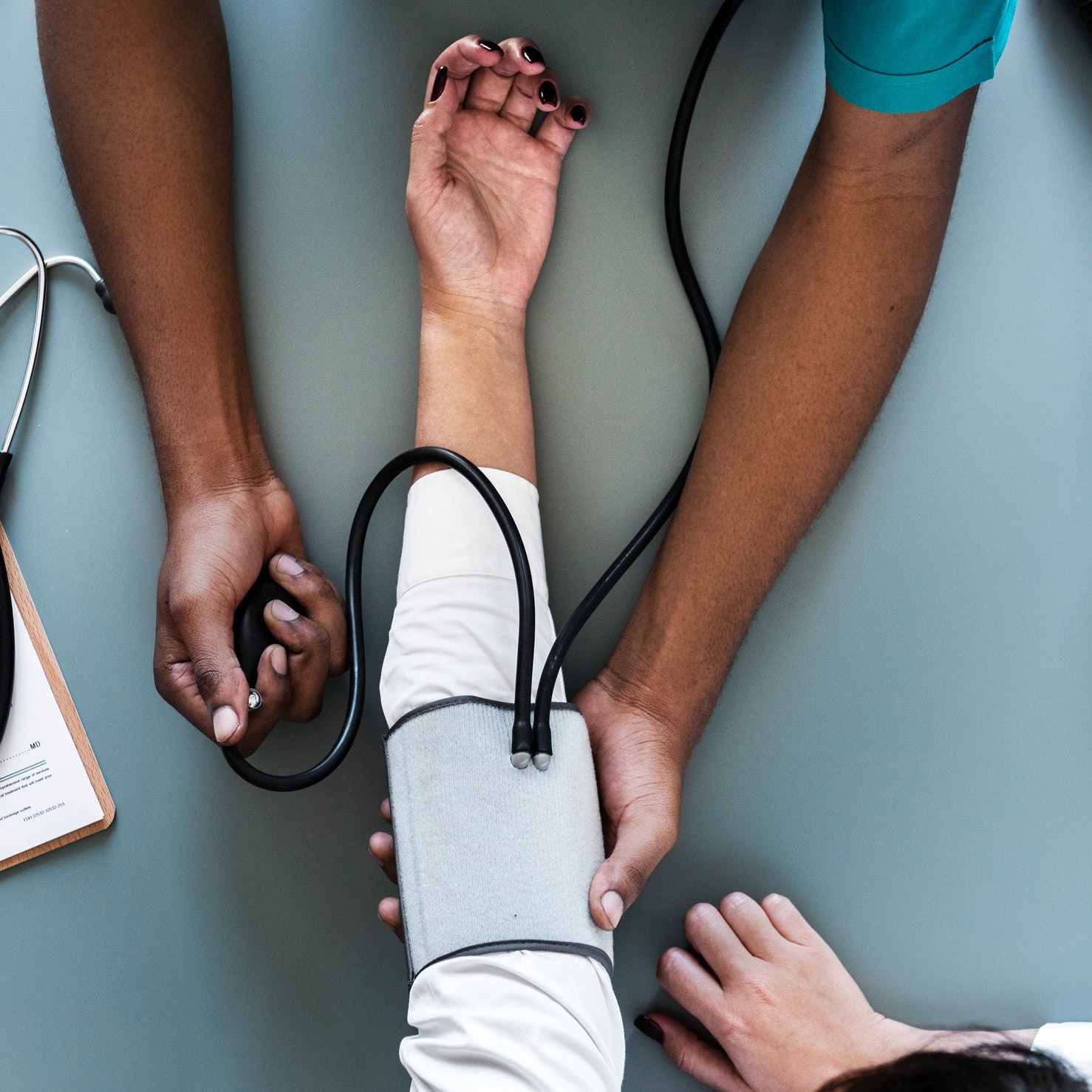
Scientists of StrokeImproving clinical decision making in stroke with Venesha RethnamDecisions about treatment after stroke involve many factors, combining the latest evidence with the doctor's clinical judgement about the patient in front of them. But how can we use data to improve this decision making? Venesha Rethnam, a PhD student in the Florey Stroke theme, explains.
Twitter: @FloreyStroke Facebook: Florey Stroke
Blog: https://floreystroke.blogspot.com
Music: 'Operatic 3' by Vibe Mountain
2019-03-1205 min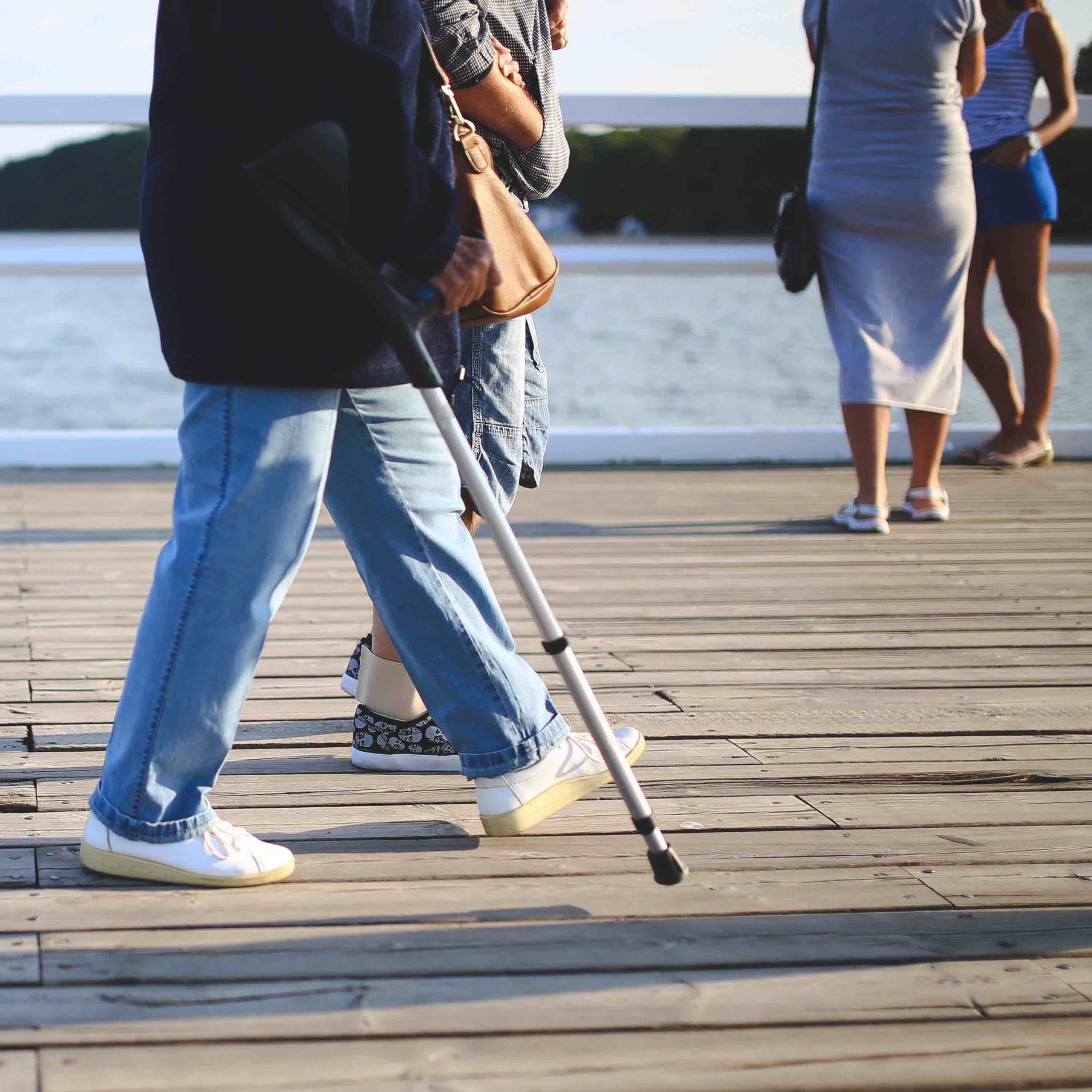
Scientists of StrokeMeasuring disability after stroke with Venesha RethnamAfter stroke, disability and dependence is measured using the Modified Rankin Scale (mRS). But this doesn't take stroke survivors' quality of life into account.
In her most recently published paper, PhD student Venesha Rethnam has been looking at an alternative way of measuring disability after stroke that does incorporate quality of life: the utility-weighted modified Rankin Scale.
Read the original paper here.
Twitter: @FloreyStroke Facebook: Florey Stroke
Blog: https://floreystroke.blogspot.com
Music: 'Operatic 3' by Vibe Mountain
2019-03-0504 min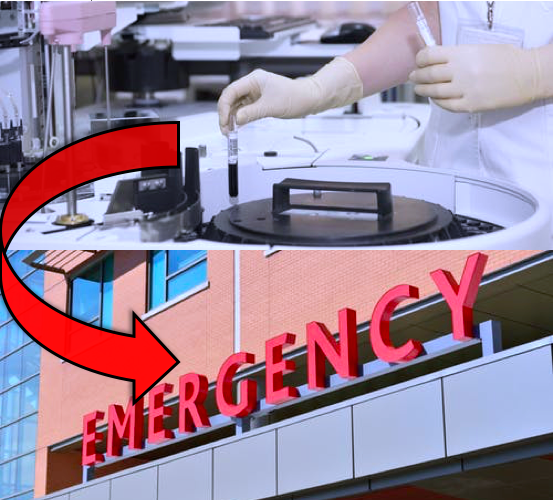
Scientists of StrokeTranslating research into practice with Dr Karen BorschmannEveryone in stroke research wants to improve the lives of people affected by stroke. But no matter how incredible your scientific breakthrough is, it's of no use if the findings aren't then communicated and used in clinical practice.
Today we talk to Dr Karen Borschmann (@KarenBorschmann) about how we get those findings from bench to bedside.
Twitter: @FloreyStroke Facebook: Florey Stroke
Blog: https://floreystroke.blogspot.com
Music: 'Operatic 3' by Vibe Mountain
2019-02-1803 min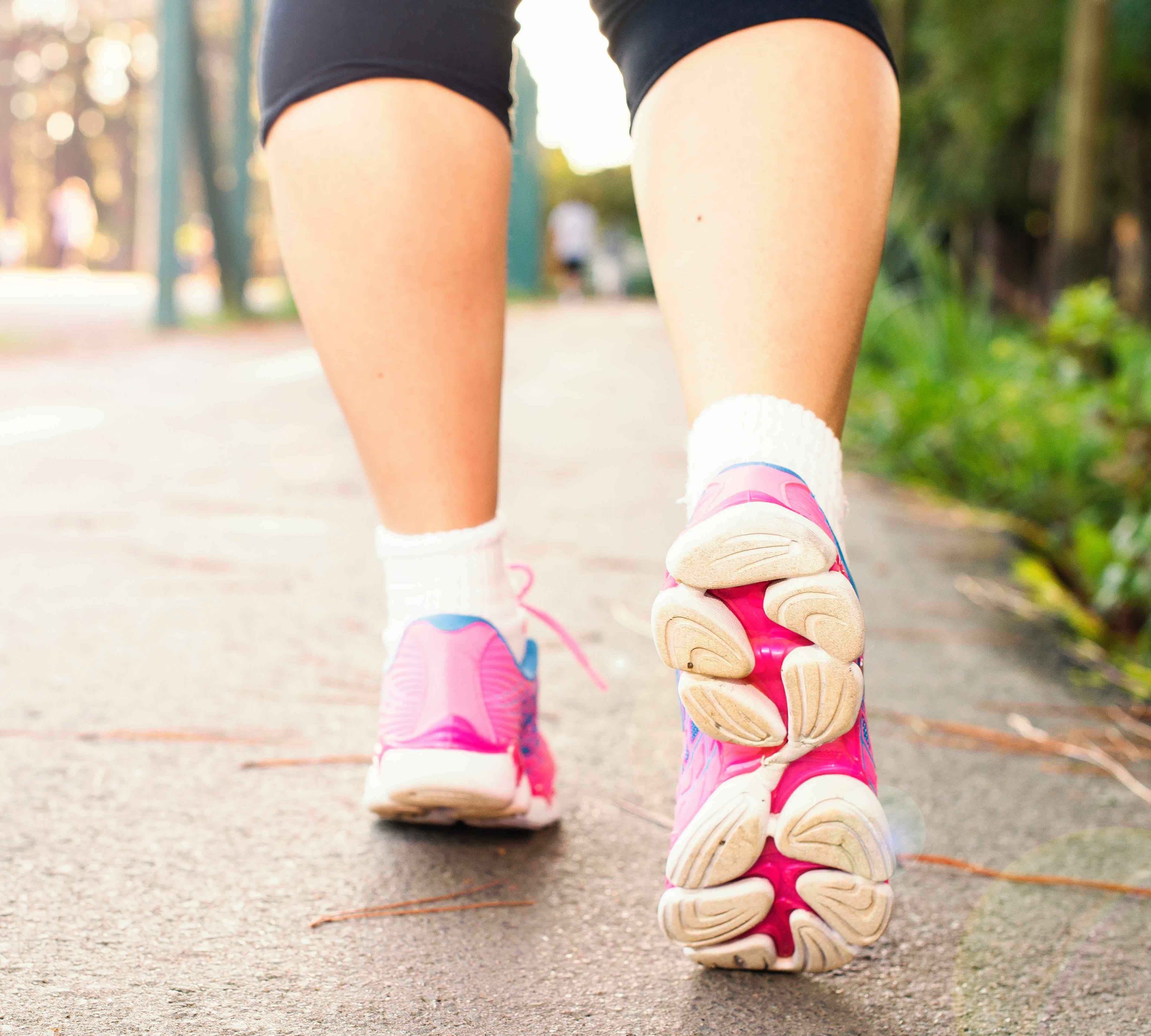
Scientists of StrokeBones & blood sugar after stroke - with Dr Karen BorschmannHow does stroke affect your bone health and your blood sugar? How might exercise help? Find out this and more in our conversation with physiotherapist and researcher Dr Karen Borschmann (@KarenBorschmann).
PS: Congratulations Karen on being awarded the Tim Glendinning Memorial Grant last week!
Twitter: @FloreyStroke Facebook: Florey Stroke
Blog: https://floreystroke.blogspot.com
Music: 'Operatic 3' by Vibe Mountain
2019-02-1106 min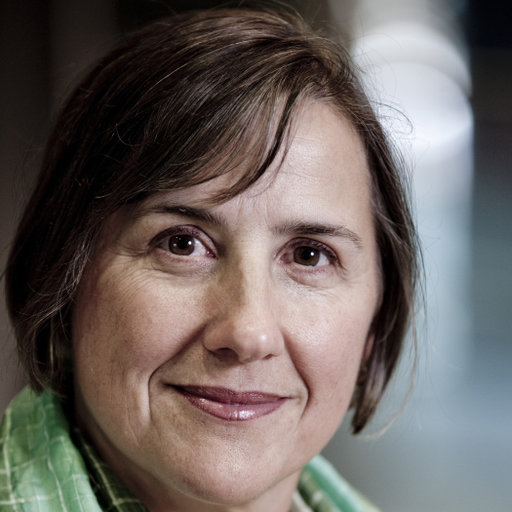
Scientists of StrokeProf Julie Bernhardt on what makes a good mentor and supporting women in scienceThis week we talk to Professor Julie Bernhardt, who this Australia Day was awarded a Member of the Order of Australia for her work in stroke research and for her advocacy for women in science. We pick her brains on how to increase the number of women in science leadership, and on how to get the most out of mentoring - what makes a good mentor? Why is it useful? Tune in for insights and career advice from an incredible woman!
Twitter: @FloreyStroke Facebook: Florey Stroke Blog: https://floreystroke.blogspot.com
Music: 'Operatic 3' by...
2019-01-3007 min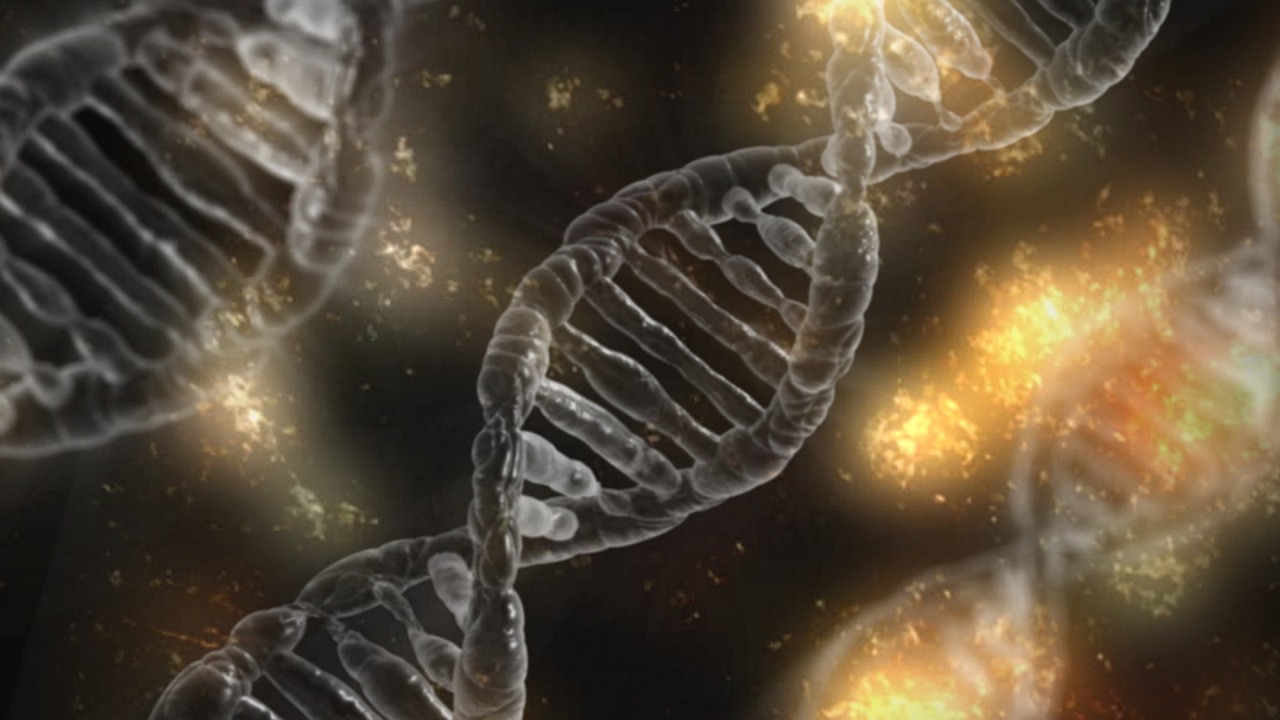
Scientists of StrokeHow do your genes influence stroke (with Prof Vincent Thijs)What do we know about the genetics of stroke, and how can we use this to improve treatments? We talk to Professor Vincent Thijs, neurologist and head of the Stroke theme at the Florey, about his research.
Read more about the PATJ gene and its influence on stroke here: https://www.ncbi.nlm.nih.gov/pubmed/30582445
Twitter: @FloreyStroke Facebook: Florey StrokeBlog: https://floreystroke.blogspot.com
Music: 'Operatic 3' by Vibe Mountain
2019-01-1705 min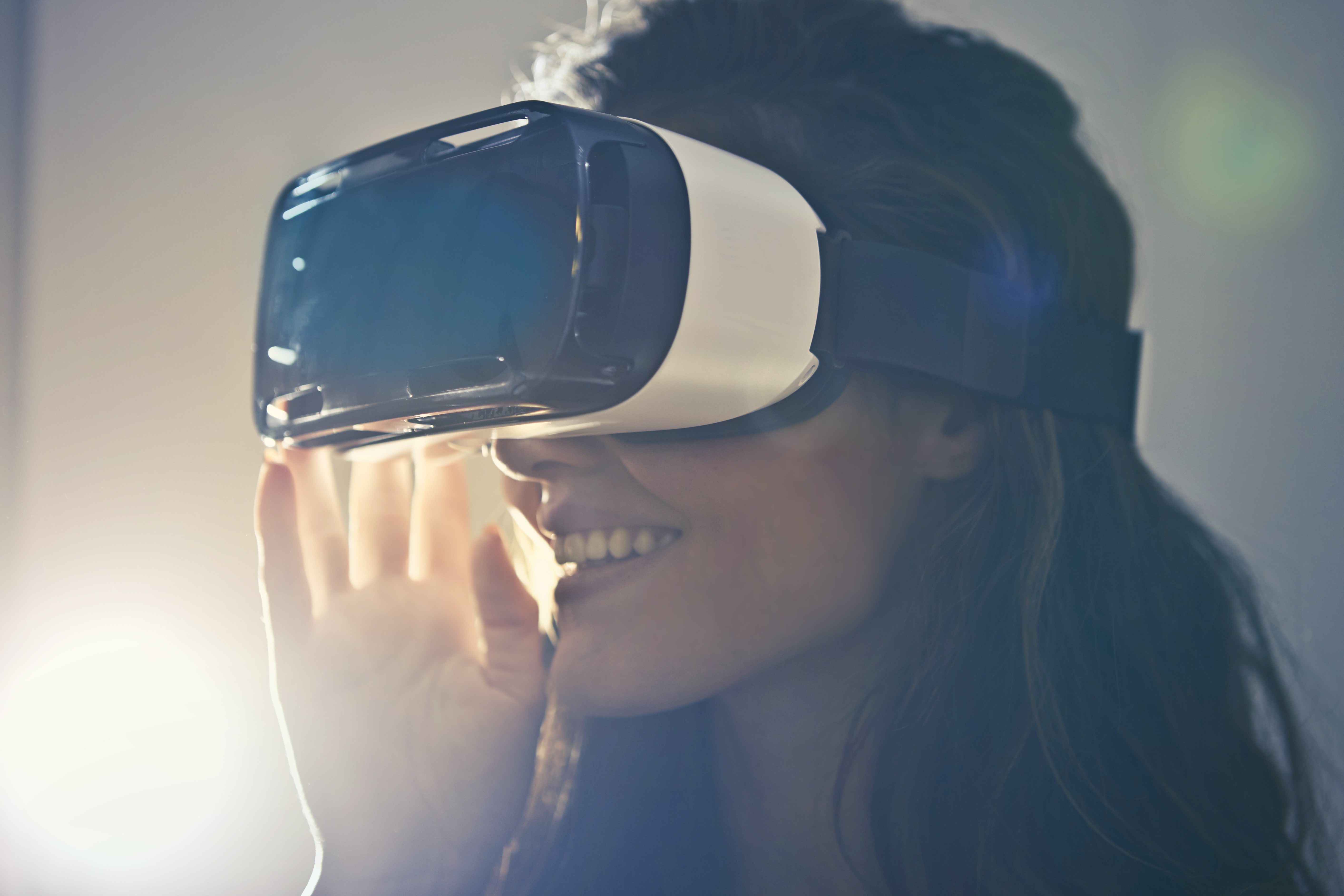
Scientists of StrokeVirtual reality for stroke recovery (with David Brodsky)Virtual reality has been used for Pokémon Go and imaginary roller coaster rides, but how can it help stroke survivors while they're recovering in hospital?
David Brodsky talks about his summer internship at the Florey and the Stroke theme's research in virtual reality and healthcare architecture.
2018-11-1906 minScientists of StrokeMichelle Shannon on environment enrichmentHow do we design a hospital environment that improves recovery and the patient experience for stroke survivors? In this episode of Scientists of Stroke, PhD student Michelle Shannon talks about her research in healthcare architecture.
Read more about the Copenhagen Centre for Cancer and Health and Nacadia therapy garden in Denmark.
Read about Michelle's behavioural mapping in a neurological ward here.
Twitter: @FloreyStroke Facebook: Florey StrokeBlog: https://floreystroke.blogspot.com
Music: 'Operatic 3' by Vibe Mountain
2018-11-1110 min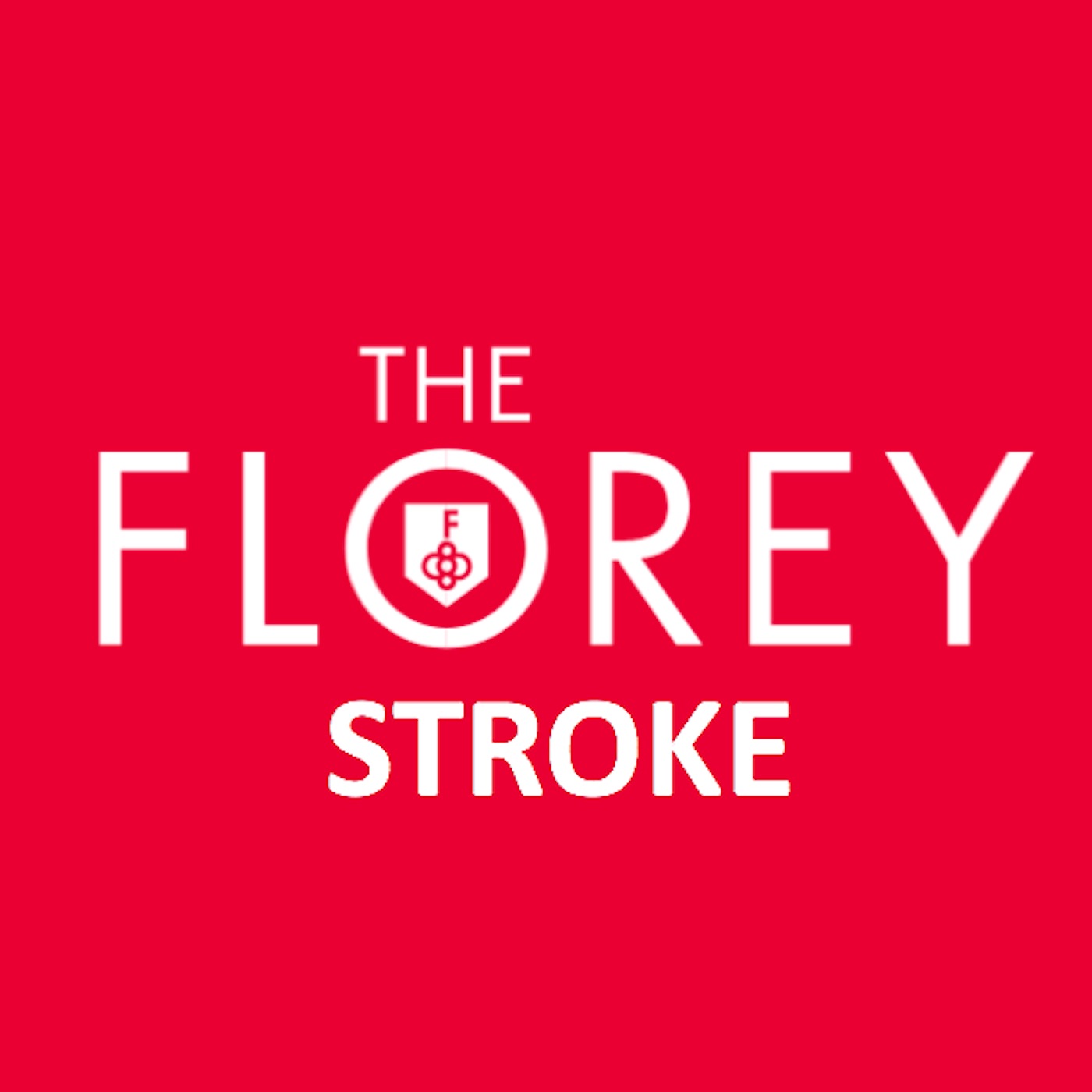
Scientists of StrokeLilian Carvalho on upright postures in acute strokeHow soon is too soon for someone who has just had a stroke to sit up, stand up, and move around? The answer is not so simple, as PhD student Lilian Carvalho explains in this episode of Scientists of Stroke.
Read the full results of the AVERT Trial here.
Twitter: @FloreyStroke Facebook: Florey Stroke Blog: https://floreystroke.blogspot.com
Music: 'Operatic 3' by Vibe Mountain
2018-10-2206 min
Scientists of StrokeDr Carli Roulston on bionic implants for stroke recoveryImagine a bionic implant designed to enhance functional recovery after stroke. Well, that's what the Florey's Dr. Carli Roulston and the Bionics Institute's Associate Professor Chris Williams have pioneered. Although in the early stages of development, this device will improve quality of life for the many people who live with disability following stroke.
Read more about the bionic implant here: http://www.bionicsinstitute.org/news/rescuing-brain-function-after-stroke/
Music: 'Operatic 3' by Vibe Mountain
Twitter: @FloreyStroke Facebook: Florey Stroke Blog: https://floreystroke.blogspot.com
2018-10-0512 min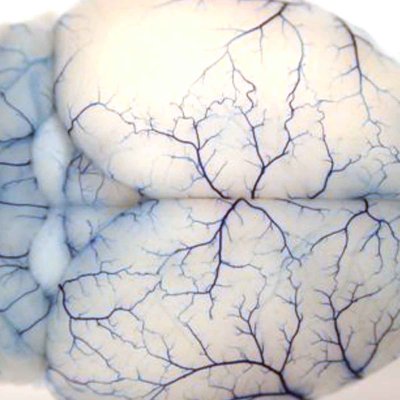
Scientists of StrokeProf Vincent Thijs on cryptogenic stroke and AFUp to 40% of ischaemic strokes have no known cause, and thus are classified as 'cryptogenic stroke'. Some of these strokes may be caused by atrial fibrillation (AF), an abnormal heart rhythm that can lead to blood clots from the heart travelling up into the brain. In today's podcast, Prof Vincent Thijs is back, talking about how to detect AF in stroke patients, and what we can do about cryptogenic stroke.
2018-07-1616 min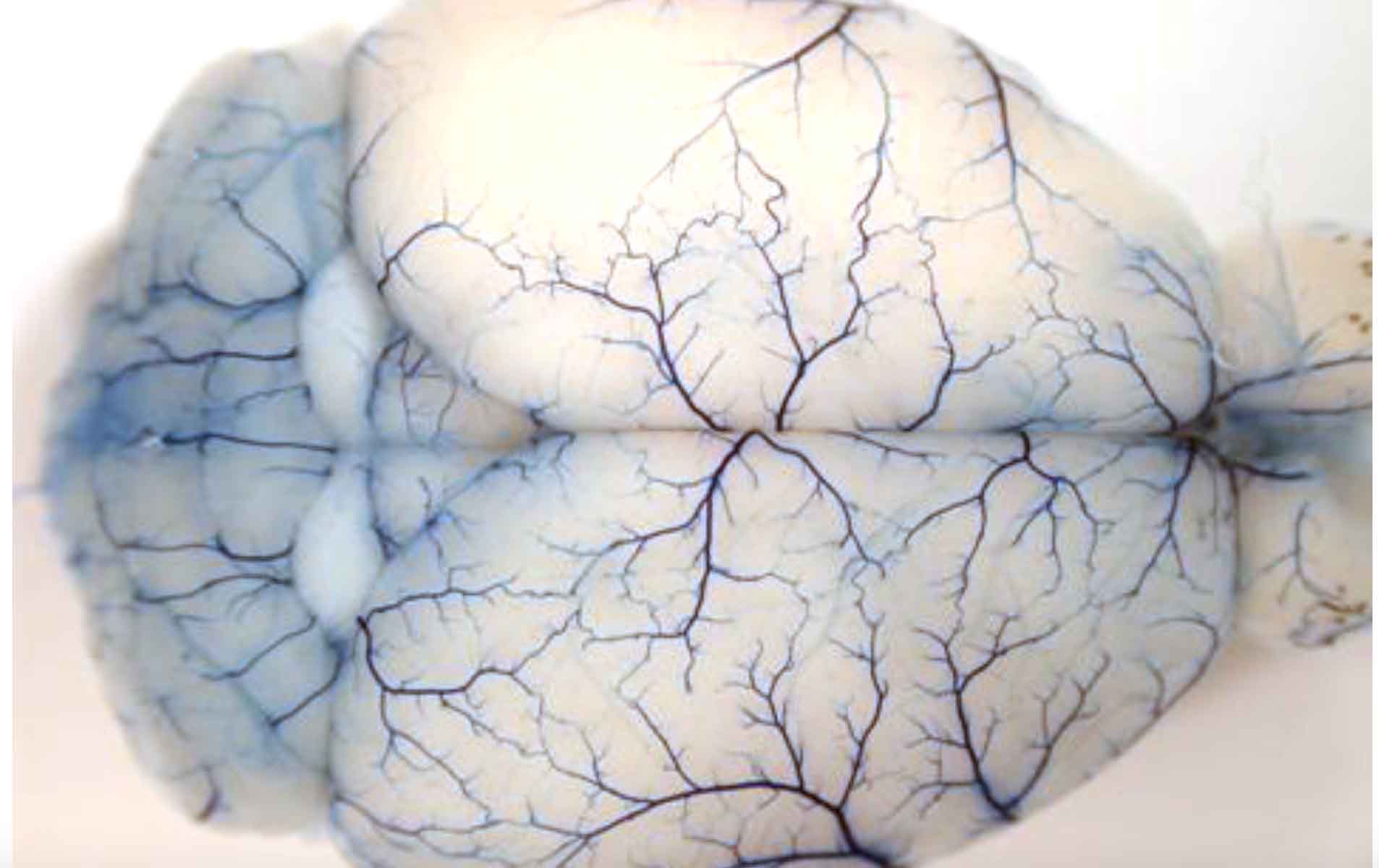
Scientists of StrokeProf Vincent Thijs on stroke imagingThrombolysis, a life-saving treatment used to break down blood clots in stroke, must be given within 4.5 hours of stroke onset. But if a patient wakes up with a stroke, how do we know if we can treat them? Prof Vincent Thijs discusses how MRI could provide a solution for these patients.
Music: 'Operatic 3' by Vibe Mountain Twitter: @FloreyStroke Facebook: Florey Stroke
2018-07-0915 min
Scientists of StrokeDr Carli Roulston on animal models of strokeWhat have animal models of stroke taught us about the brain’s response to injury? Dr Carli Roulston discusses her research and potential new stroke treatments.
Music: 'Operatic 3' by Vibe Mountain
Twitter: @FloreyStroke
Facebook: Florey Stroke
2018-07-0109 min